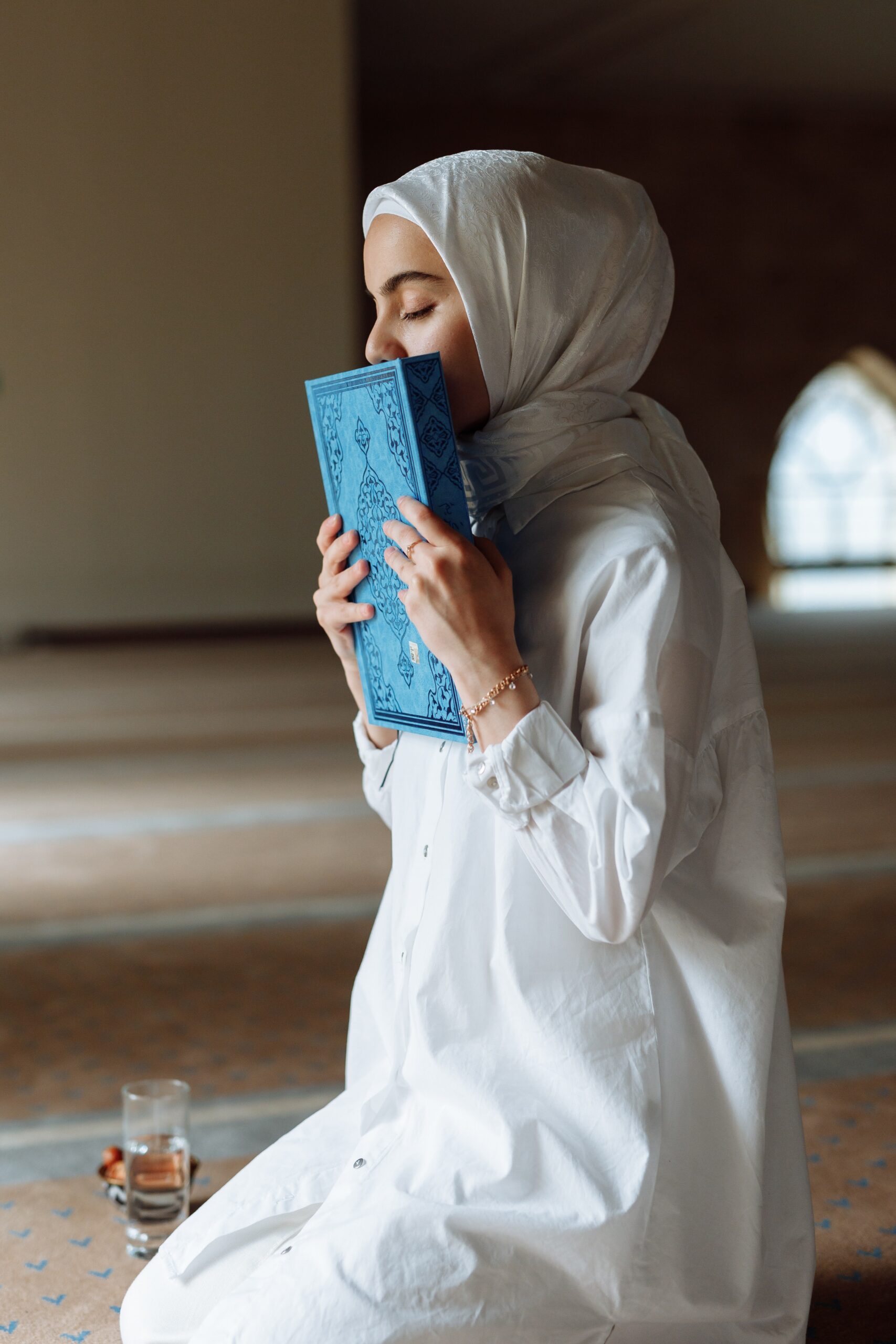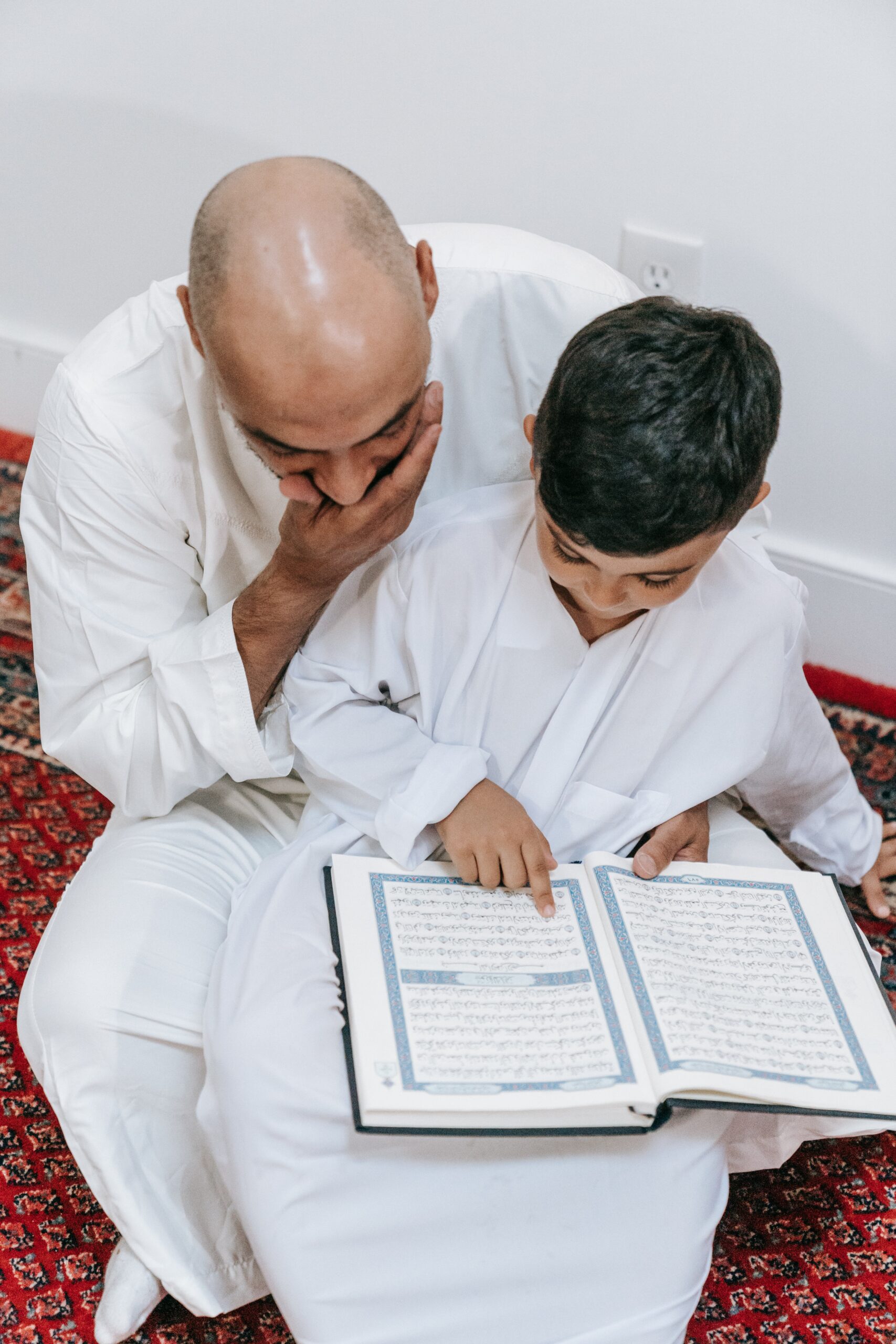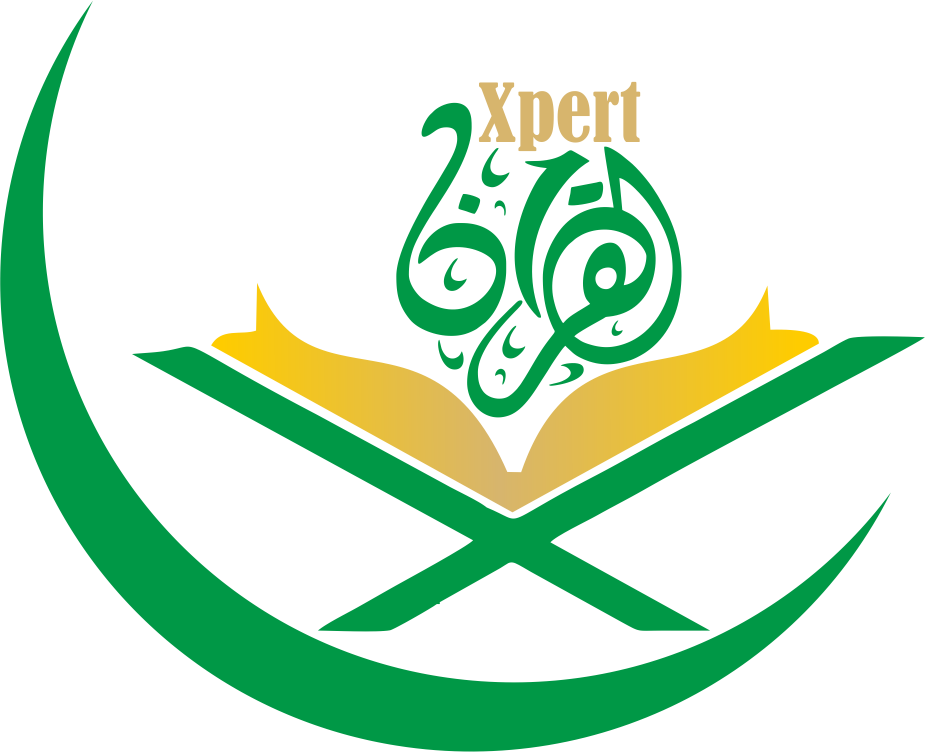- +923333697391
- contact@quranxpert.com
Nurturing Confident and Righteous Children: Islamic Parenting Techniques in Europe
Raise Confident and Righteous Children in Europe with Islamic Wisdom. Struggling to navigate the challenges of raising Muslim children in a European cultural context? Are you concerned about instilling strong Islamic values while keeping your children confident and connected to their faith? Unsure of practical parenting techniques that align with Islamic principles in a European setting?
Discover time-tested Islamic parenting techniques that empower you to raise confident and righteous children in Europe. Unlock the keys to nurturing their faith, character, and resilience. Embrace a holistic approach to parenting and equip your children for success in this multicultural world. Start your journey today!
Introduction
Understanding the Importance of Islamic Parenting Techniques in Europe
Raising children with solid Islamic values is crucial in Europe, where Muslim families face unique challenges. By implementing effective Islamic parenting techniques, parents can nurture their children to become pious Muslims who embody faith, righteousness, and moral integrity. These techniques provide a roadmap for instilling Islamic teachings while adapting to the European cultural context. Let’s explore the critical aspects of raising pious Muslim children in Europe, drawing from the Quran and Sahih Hadith narrations for guidance.
What Quran says about Parenting:
- Respect and Kindness: Parents are to be treated with respect and kindness. The Quran emphasizes the importance of obeying and showing gratitude to parents (Surah Al-Ahqaf, 46:15).
- Teaching Morality: Parents are responsible for imparting moral and ethical values to their children. They should guide them towards righteousness and good conduct (Surah Al-Isra, 17:23).
- Education and Knowledge: Parents are encouraged to provide their children with education and knowledge. Seeking knowledge is highly regarded in Islam (Surah Al-Zumar, 39:9).
- Dua (Prayer): Parents are advised to pray for the well-being and guidance of their children. They can make dua to seek blessings and protection for their offspring (Surah Ibrahim, 14:41).
- Discipline with Love: While discipline is allowed, it should be done with love and not in a way that causes harm or cruelty to children (Surah Al-Baqarah, 2:195).
- Lead by Example: Parents should lead by example and demonstrate the values and behaviors they wish to instill in their children. Actions often speak louder than words.
- Inheritance and Financial Support: The Quran also contains guidelines on inheritance and financial support within the family to ensure fairness and justice (Surah Al-Nisa, 4:11-14).
It’s important to note that these principles are general guidelines, and specific practices may vary among Muslim families and cultures. Islamic parenting places a strong emphasis on love, compassion, and guidance to raise children who are pious, responsible, and contributing members of society.
Challenges of Parenting in a European Cultural Context
Navigating Cultural Influences and Preserving Islamic Values
Transitioning between cultural influences can be challenging for parents raising pious Muslim children in Europe. It’s essential to strike a balance between European society and Islamic teachings. To navigate this, parents can provide a strong foundation in Islamic values, emphasizing the significance of upholding religious teachings. By doing so, children can understand how to adapt and integrate their faith into the cultural context while maintaining their Islamic identity.
Balancing Cultural
Raising children as Pious Muslims in Europe is challenging. First of all, parents must balance two distinct cultures. Children may feel torn between their Muslim heritage and the European society they are a part of. To address this, parents can foster a sense of belonging by encouraging open discussions about Islamic values, customs, and traditions. Additionally, By highlighting the beauty and relevance of their heritage, children can develop a strong sense of identity as pious Muslims while feeling connected to the European society they live in.
Cultural Clash
A significant challenge arises when Islamic values clash with European norms. For instance, some European practices may contradict Islamic teachings. Parents must explain these differences to their children and guide them in ethical choices.
Peer Pressure
Another challenge parents face is the influence of peers. Children may encounter peer pressure that contradicts Islamic principles. Parents should encourage open communication with their children and help them resist negative peer pressure.
Language Barrier
Language differences can pose hurdles in teaching Islamic values effectively, especially if children are more fluent in the European language.
Parents should ensure their children understand Islamic teachings using simple language.
Cultural Adaptation
Additionally, Pious Muslim parents must help their children adapt Islamic values to the European context while staying true to their faith.
Essential Islamic Parenting Techniques for Europe
Emphasizing Islamic Values
Instilling Islamic values is fundamental to raising pious Muslim children in Europe. Additionally, By teaching them the pillars of Islam, such as prayer, fasting, and charity, parents can help children develop a strong connection with their faith. This connection serves as a guiding force in their actions and decisions, enabling them to lead righteous lives.
Cultivating Moral and Ethical Awareness
In a European cultural context, it is crucial to cultivate moral and ethical awareness in children. Parents can draw upon the teachings of the Quran and Sahih Hadith narrations to educate their children about honesty, kindness, respect, and empathy. Children can understand the importance of living a righteous and virtuous life by relating these values to Islamic principles.
Emphasizing Islamic Values
Teaching the Pillars of Islam
Parents can be crucial in helping their kids learn. The pillars of Islam include prayer, fasting, charity, belief in Allah, and pilgrimage. By explaining the significance of each post in simple terms, parents can help children develop a deep understanding and appreciation for their faith. They can demonstrate these practices through regular family prayers, observing Ramadan together, and engaging in acts of charity.
Cultivating Moral and Ethical Awareness
Cultivating moral and ethical awareness is essential for pious Muslim children in Europe. Parents can teach their children to understand right and wrong using real-life examples and stories from the Quran and Sahih Hadith narrations. Furthermore, Children can navigate ethical dilemmas and make choices aligned with Islamic teachings by emphasizing honesty, kindness, respect, and empathy.
Role Modelling and Leading by Example
Incorporating Islamic Practises in Daily Life
Parents can effectively teach Islamic values by incorporating them into their daily lives. This includes regularly performing prayers, reciting Quranic verses, and engaging in acts of worship as a family. By openly displaying their commitment to Islam, parents serve as role models, inspiring their children to follow in their footsteps. This consistent practice of Islamic rituals helps children understand the practical application of their faith in their everyday lives.
Demonstrating Compassion and Empathy
Parents must demonstrate compassion and empathy towards others as a reflection of Islamic teachings. Parents instill these values in their children by behaving toward others with kindness, respect, and fairness. They can encourage acts of charity, volunteering, and helping those in need. Moreover, By emphasizing the importance of caring for others, parents teach their children to be empathetic and compassionate, following the example of Prophet Muhammad (peace be upon him).
Effective Communication and Open Dialogue
Creating a Safe Space for Discussing Islam
Parents should create a safe, open space for their children to discuss Islam. This involves encouraging questions, addressing concerns, and providing accurate information about Islamic teachings. Emphasizing a culture of trust and understanding, children feel comfortable seeking guidance and clarification about their faith. Furthermore, It also allows parents to dispel misconceptions and reinforce Islam’s principles.
Addressing Questions and Concerns
Parents should actively listen to their children’s questions and concerns about Islam. They can provide age-appropriate explanations and engage in meaningful discussions. In Addition, It is essential to validate their feelings and provide reassurance while upholding the values and teachings of Islam. By addressing their inquiries, parents strengthen their children’s understanding and encourage a deeper connection to their faith.
Engaging in Islamic Community Activities
Participating in Communal Prayers and Celebrations
Parents can motivate their kids to participate in communal prayers and celebrations within the Islamic community. Attending Friday prayers at the mosque and joining in the festivities of Eid provide children with opportunities to connect with fellow Muslims, learn about their faith, and experience a sense of belonging. These communal gatherings foster a deeper understanding of Islamic traditions and strengthen their identity as pious Muslims.
Involvement in Charity and Social Initiatives
Parents should involve their children in charity and social initiatives as part of their Islamic upbringing. Parents can emphasize the significance of giving back to society. Engaging in activities such as volunteering at food banks, participating in fundraising events, or supporting community service projects instills children’s values of generosity and compassion. Through these endeavors, children learn the importance of helping those in need and fulfilling their responsibilities as Muslims.
Adapting Islamic Parenting Techniques to the European Context
Incorporating Local Customs and Laws
Teaching Islamic Principles while Respecting Local Regulations
Parents should teach their children Islamic principles while respecting the local laws and customs of the European society they live in. By doing so, parents can ensure that their children understand Islam’s values and teachings while adhering to their surroundings’ legal and cultural norms. This approach fosters a sense of harmony between their religious identity and their European environment.
Promoting Cultural Understanding and Integration
Moreover, They can encourage their children to learn about the local culture, traditions, and history of the European countries they reside in. By fostering respect and appreciation for diversity, parents help their children develop a balanced identity that embraces their Islamic heritage and European context. This approach promotes cohesion and strengthens the child’s ability to navigate and contribute positively to their multicultural society.
Conclusion
In transitioning from traditional parenting approaches to Islamic parenting techniques in Europe, parents have a unique opportunity to cultivate a balanced upbringing for their children. Parents can create an environment that nurtures their children’s Islamic identity while embracing their European context by incorporating role modelling, Islamic practices, compassion, effective communication, community engagement, and adaptation to local customs. Through these techniques, parents can guide their children to become pious Muslims who uphold Islamic values and actively contribute to the multicultural fabric of European society.
"Charting Your Life's Course: Embracing Quranic and Sunnah Guidance for Profound Spiritual Fulfillment"
In the articles within this series, you will discover invaluable insights and practical wisdom, enabling you to navigate life's challenges and choices while aligning your journey with the profound guidance of the Quran and Sunnah. Let us illuminate the path to spiritual fulfillment together. These articles unite individuals from across the globe who follow Islam into a cohesive fellowship built upon shared values and concerns.

Importance of Tajweed
Perfecting Your Quranic Recitation

Quran for All
Accessible Wisdom and Guidance”

Modest Fashion Trends
Introduction to Modest Fashion Trends for European Muslims

Islamic Travel
Europe's Halal Heaven: Best Islamic Travel Destinations in Europe with Halal Food, Prayers, &Accommodations

Islamic Parenting
Nurturing Confident and Righteous Children: Islamic Parenting Techniques in Europe
Quran Xpert operates as an autonomous entity, led by a committed team of skilled professionals.
Quick Links
Get in Touch
- +923333697391
- contact@quranxpert.com
Copyright © 2023 quranxpert.com All rights reserved.

